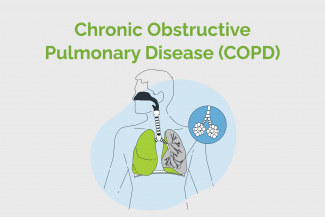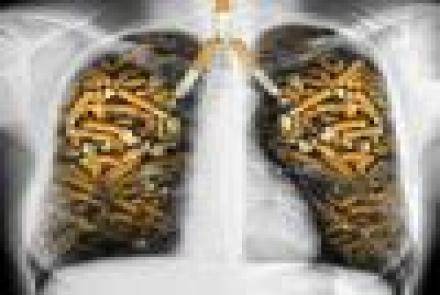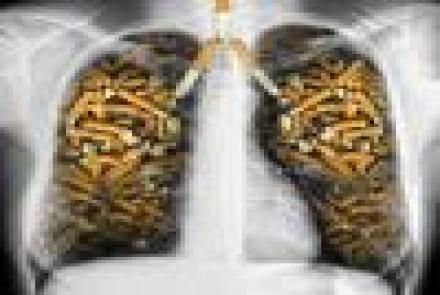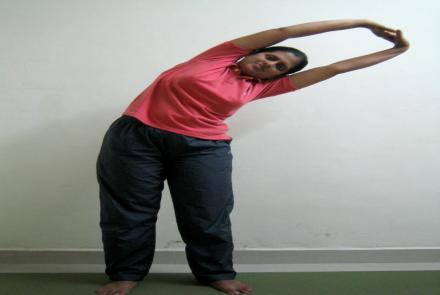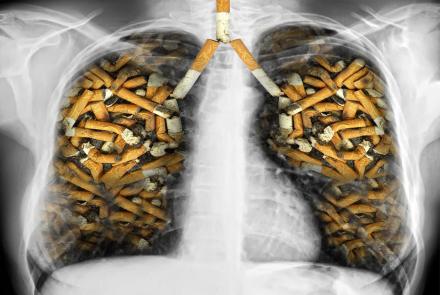
It is important to manage COPD if you do not want the complications to set in. The possible complications are:
- Heart failure
- Respiratory failure
Food and nutrition
- Drink plenty of fluids. You should drink at least 6 to 8 -ounce glasses of non-caffeinated beverages each day to keep mucus thin and easier to cough up.
- Limit caffeine (contained in coffee, tea, several carbonated beverages such as cola, and chocolate) as it might interfere with some of your medicines.
- Control sodium (salt) in your diet. Eating too much salt causes the body to keep or retain too much water, making breathing more difficult.
- Follow a healthy diet to maintain healthy body weight.
Physical fitness
Exercise is limited. Speak to your doctor about how much you can exercise. This will depend on your condition.
Take charge: Your action plan
- Quit smoking
- Work safe. Visit http://www.hse.gov.uk/copd/causes.htm for practical tips on making the workplace a healthier, safer environment.
- Reduce exposure to air pollution. Don’t use biogas fuels for cooking. If possible, plant trees and greenery around your home. When travelling, use a mask or helmet.
Know your support team: Who can help you stay healthy
- Regular check-up by a pulmonologist.
- Anti-smoking organisation.
Also read how to improve lung function http://www.patientsengage.com/conditions/improving-lung-function-after-you-quit-smoking
In some individuals, Obstructive Sleep Apnea may co-exist with COPD, this is termed as Overlap Syndrome. This combination may be by chance or due to a shared risk factor (like smoking) but incraeses the cardiovascular risks.management will include adherence to traetment and regular check-ups.

